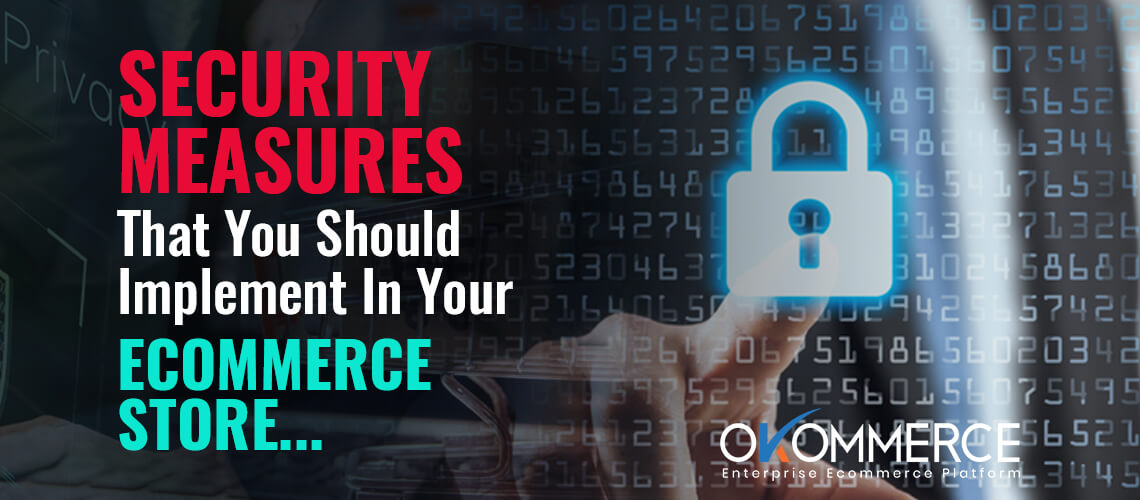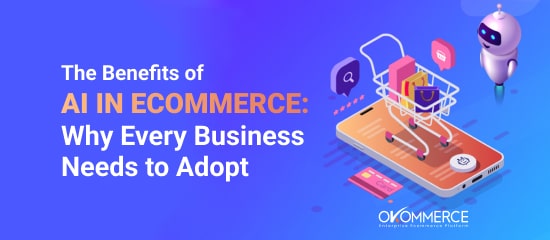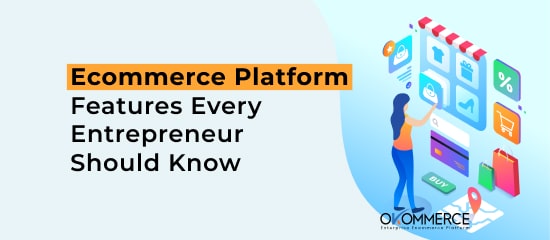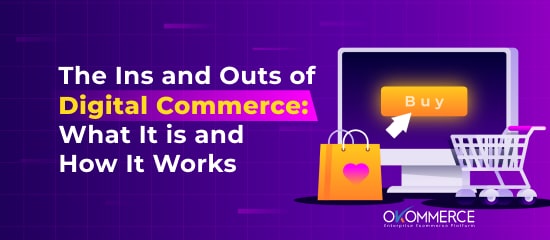Security Measures That You Should Implement In Your Ecommerce Store

Nowadays, launching your own e-store is a cost-effective & trending business. But at the same time, it is crucial to safeguard your website security from any kind of malware attack & cyber-attack. Data breach of your website makes your e-commerce site vulnerable & untrusted to your user. No one wants to visit or purchase from any site which fails to protect user data on a basic level.
Where privacy & security in e-commerce are the vitally important factors, the e-commerce industry has been a prime victim of cybercrime in the past few years. The frequency of hacking and frauds against online retailers have been on the rise & the global e-commerce fraud cost was estimated at around $3 billion.
E-commerce web stores include different types of payment gateways that require the user's personal information, so making a regular security check & update is the most important factor, the owner can do. There are many different types of security measures that can be taken by e-commerce sites to protect themselves against cyberattacks. Some of these measures include: Encrypting data, implementing firewalls, updating software, using secure passwords, and installing antivirus software.
In this article, we are going to share some security measures that you should implement in your eCommerce store from the very beginning.
Types Of E-Commerce Security Threats

In order to protect e-commerce sites from being hacked, companies & business owners spend more time and money on security measures such as installing software updates, installing new firewalls, updating passwords, etc. After taking all these steps there is always a chance of malware attack. There are some common types of e-commerce security threats are:
SQL Injection

SQL stands for Standard Query Language which is a set of commands to operate your system database. The SQL injection attack is one of the most common web application security risks. SQL injection attacks are executed by inserting malicious SQL statements into the input data in order to manipulate data or unwanted data alteration. SQL injection attacks may cause- deletion of an entire user table, unauthorized access of user data & in some cases attackers may get the database administrator permission which executes unintended commands.
XSS or Cross-Site Scripting

XSS is another type of code injection attack, where an attacker injects a malicious Javascript, HTML, or another code in the form of a browser side script for any trusted web application to its end-user. This harmful script can also be used to modify or alter the contents of the page without the user’s knowledge. This type of vulnerability is basically found in web applications where not enough input validation has been performed on the data that is sent to the browser.
DoS & DDoS Attack

These attacks are perhaps the most common & annoying attacks every site owners & developers face. A DoS attack is a denial-of-service attack where a server or other network resource is unable to provide service, usually because it has been flooded with unwanted & spamming requests from an attacker. It makes the web application unavailable for the user.
The intention of a DDoS attack is the same as a DoS attack but technically different. It is intended by a group of computers or botnets. It stands for distributed denial of service which is occurred from different locations as multiple systems try to attack sending packets of data.
Brute Force Attack
Brute force attack is the most prominent attack type that every website faces. In a brute force attack, attackers try to gain access to the website’s personal information by guessing different sets of passwords over and over again until they crack it right. Some cases of brute force attacks are: passwords brute-forcing, session identifier brute-forcing, forced browsing & credential stuffing
E-Commerce Security Measurements
Whether you are starting your eCommerce website or running a website in full swing, you can’t overlook the security measures you should take. Otherwise, it will cause you financial and even personal damage also to prevent the above-mentioned security threats you can take some efficient security management & you should take these steps from the very beginning of your website launch.
Choose A Trusted E-commerce Platform or Solution

Using a trusted e-commerce platform for the e-commerce SAAS solution is the first safety step you can take. Obviously, you should look for the best e-commerce features any platform provides but make sure plenty of security features your platform or cloud solution is providing. Choose an e-commerce solution that will provide basic to intermediate level security protection against some common cyber threats like malware & SQL injection. Some popular & leading e-commerce platforms are Okommerce, WooCommerce, Shopify, Magento, etc.
WAF For Network Level Security
WAF- Website Application Firewall is a system that protects your website from malicious traffic by monitoring, filtering & blocking. It works as a secured gateway between your website & the internet to protect application-layer threats like- SQL injection, file inclusion, XSS & cookie poisoning. It can come in a form of hardware & software versions. As an e-commerce site owner you have to deal with a heavy amount of traffic & an accurate WAF in a right place can block or prevent malicious traffic.
Make Your Website SSL Certified

SSL certificate is a must-have security feature for any e-commerce store. It provides assurances to the visitors or customers that they are on a secure website & customers’ information is safe and encrypted when they are making purchases. This process ensures that all data sent between the browser and the server is secured with encryption. When you install this certificate on your e-commerce web site's server, there will be a security padlock on the address bar of your website & it indicates to your valuable customer their name, email address, password & all credit/debit card details are in a safe hand. Types of SSL certificates are:
- Wildcard SSL Certificate
- Multi-domain EV SSL Certificate
- AMT SSL Certificate
- General Purpose SSL Certificate
Use BOT Detection Technology

Not all the internet traffic is your actual user or legitimate. 30% of traffic is actually bad bots initiated by competitors or fraudsters for price scrapping or false form submission to get all the users' personal information. Also, Price scraping is a form of online fraud that is becoming more and more common & it happens when a bot crawls the internet for your online store’s product prices, then copies them onto their own website to sell at a cheaper price. A real-time bot detection technology is an innovative way to avoid fraud and other online scams. This type of technology is capable of identifying and blocking spambots, scrapers, and other types of fraudulent activities.
Regular SQL Check
SQL command injection to manipulate backend site databases is a common phenomenon to access over an entire database. Regular SQL security check is important & necessary to make sure that your website’s database is not vulnerable to attack. Checking your SQL for security vulnerabilities can be done by using a range of tools, software, or free site scanner. The tool can also be used to scan websites for vulnerabilities in their web applications.
Make PCI-DSS Compliant
PCI-DSS stands for Payment Card Industry Data Security Standard. The payment process is a vulnerable & most used factor for any e-commerce website. It is the most widely used data security standard for organizations that handle cardholder data.
All the e-commerce websites that hold credit card transactions need to be PCI-DSS compliant to ensure your site is safe & secure for transactions. Out of 12 requirements, some PCI-DSS requirements are:
- Install & maintain WAF to protect cardholder’s data.
- Encrypted transaction of cardholder data over private & public network
- Regular update of antivirus software
- Implement strong access security
Wrap Up
The main objective of an e-commerce website is to increase the conversion rate that leads to making money. In order to achieve this, the website has to be secure and trusted by its visitors. Ensuring an e-commerce website’s security is extremely necessary for both the brand & customer. In this digital world, security is a major concern for websites. Hackers are always looking for more developed ways to steal users' information from a site and use it against the company or individual that owns it. Hopefully, the above-mentioned ways can help you to protect your e-commerce web store from hackers.
Okommerce is a feature-rich & leading enterprise e-commerce platform. If you own a large-scale business or are planning to expand your business, Commerce can help you with amazing enterprise e-commerce solutions. Employ this platform to operate your e-commerce business properly. If you are looking for a reliable, secure, and budget-friendly eCommerce platform, get Okommerce today




